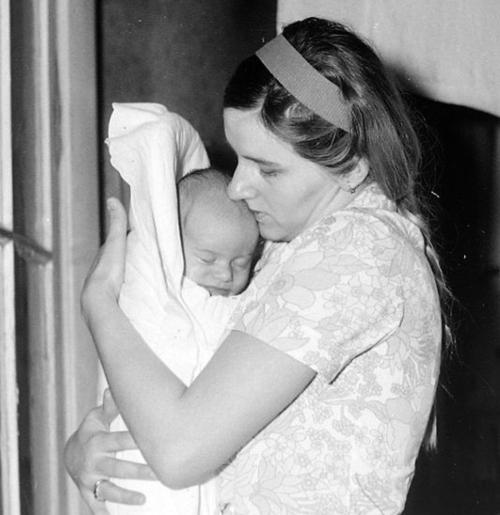The following excerpt is taken from Joseph Cardinal Ratzinger, "Truth and Freedom," Communio: International Catholic Review 23 (Summer 1996): 16–35, at 26–28. The article was translated by Adrian Walker and is re-printed here with permission.
It has become evident that the critical point in the history of freedom in which we now find ourselves rests upon an unclarified and one-sided idea of freedom. On the one hand, the concept of freedom has been isolated and thereby falsified: freedom is a good, but only within a network of other goods together with which it forms an indissoluble totality. On the other hand, the notion itself has been narrowly restricted to the rights of individual liberty, and has thus been robbed of its human truth. I would like to illustrate the problem posed by this understanding of freedom with the help of a concrete example. At the same time this example can open the way to a more adequate view of freedom. I mean the question of abortion. In the radicalization of the individualistic tendency of the Enlightenment, abortion appears as a right of freedom: the woman must be able to take charge of herself. She must have the freedom to decide whether she will bring a child into the world or rid herself of it. She must have the power to make decisions about her own life, and no one else can—so we are told—impose from the outside any ultimately binding norm. What is at stake is the right to self-determination. But is it really the case that the woman who aborts is making a decision about her own life? Is she not deciding precisely about someone else—deciding that no freedom shall be granted to another, and that the space of freedom, which is life, must be taken from him, because it competes with her own freedom? The question we must therefore ask is this: exactly what sort of freedom has even the right to annul another’s freedom as soon as it begins?
The child in the mother’s womb is simply a very graphic depiction of the essence of human existence in general. Even the adult can exist only with and from another.
Now, let it not be said that the issue of abortion concerns a special case and is not suited to clarify the general problem of freedom. No, it is this very example which brings out the basic figure of human freedom and makes clear what is typically human about it. For what is at stake here? The being of another person is so closely interwoven with the being of this person, the mother, that for the present it can survive only by physically being with the mother, in a physical unity with her. Such unity, however, does not eliminate the otherness of this being or authorize us to dispute its distinct selfhood. However, to be oneself in this way is to be radically from and through another. Conversely, this being-with compels the being of the other—that is, the mother—to become a being-for, which contradicts her own desire to be an independent self and is thus experienced as the antithesis of her own freedom. We must now add that even once the child is born and the outer form of its being-from and -with changes, it remains just as dependent on, and at the mercy of, a being-for. One can, of course, send the child off to an institution and assign it to the care of another “for,” but the anthropological figure is the same, since there is still a “from” which demands a “for.” I must still accept the limits of my freedom, or rather, I must live my freedom not out of competition but in a spirit of mutual support. If we open our eyes, we see that this, in turn, is true not only of the child, but that the child in the mother’s womb is simply a very graphic depiction of the essence of human existence in general. Even the adult can exist only with and from another, and is thus continually thrown back on that being-for which is the very thing he would like to shut out. Let us say it even more precisely: man quite spontaneously takes for granted the being-for of others in the form of today’s network of service systems, yet if he had his way he would prefer not to be forced to participate in such a “from” and “for,” but would like to become wholly independent, and to be able to do and not to do just what he pleases. The radical demand for freedom, which has proved itself more and more clearly to be the outcome of the historical course of the Enlightenment, especially of the line inaugurated by Rousseau, and which today largely shapes the public mentality, prefers to have neither a whence nor a whither, to be neither from nor for, but to be wholly at liberty. In other words, it regards what is actually the fundamental figure of human existence itself as an attack on freedom which assails it before any individual has a chance to live and act. The radical cry for freedom demands man’s liberation from his very essence as man, so that he may become the “new man.” In the new society, the dependencies, which restrict the I and the necessity of self-giving would no longer have the right to exist.
Cardinal Joseph Ratzinger (1927–2022) was elevated to Pope Benedict XVI in 2005.



